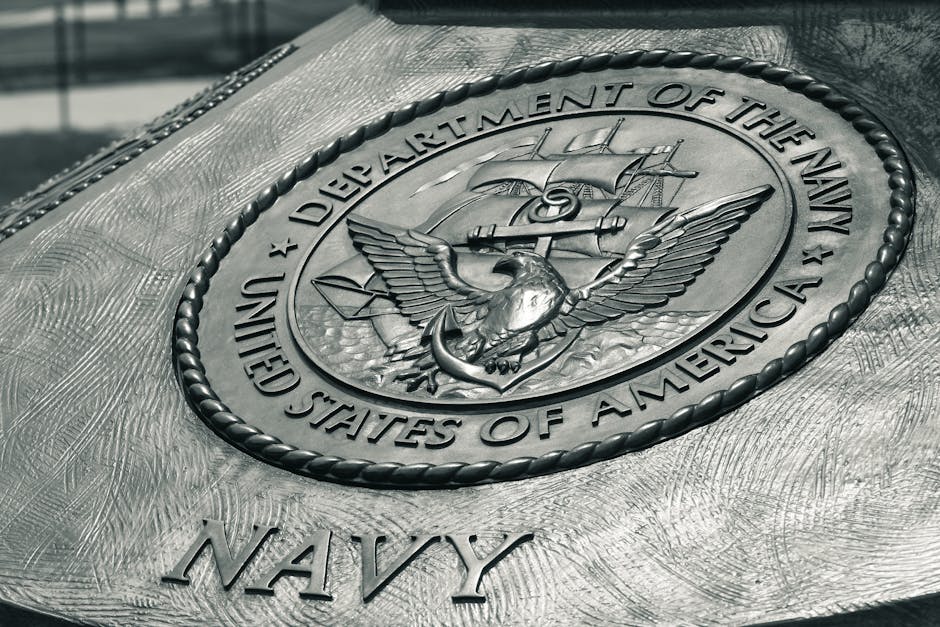Introduction
In early 2019, the US Navy's elite special operations unit, SEAL Team Six, carried out a covert mission inside North Korea. The operation, reportedly authorized by President Donald Trump during his first term, aimed to plant a surveillance device designed to intercept the communications of North Korea's leader, Kim Jong-un.
The Mission
The mission was launched from submarines, with SEAL Team Six using mini-submersibles to approach the North Korean coast. However, the operation quickly unraveled when the team encountered a North Korean civilian boat. The crew of the boat was killed by the US Navy SEALs.
Details of the Operation
The operation was intended to strengthen US leverage during nuclear negotiations between Kim and Trump. The intelligence gathered was meant to provide insight into Kim's communications and decision-making processes.
According to reports, the mission was carried out by a group of Navy special operations personnel, including members of SEAL Team Six, the same unit that killed Osama bin Laden in 2011.
Aftermath
The mission resulted in the deaths of multiple North Korean civilians, including the unarmed crew of the boat they encountered. The incident has raised questions about the legality and ethics of the operation.
International Law and Diplomacy
The operation has been reported to have violated international law, which governs military operations in sovereign territories. The incident has also raised concerns about the impact on diplomatic efforts between the US and North Korea.
Reactions
The incident has sparked a reaction from lawmakers, with some expressing concerns about the operation and its potential consequences.
Implications
The incident has implications for US foreign policy and military operations. It also raises questions about the accountability of military personnel and the oversight of covert operations.
Military Accountability
The incident has highlighted the need for greater transparency and accountability in military operations. It has also raised questions about the role of the military in foreign policy and the limits of executive authority.
Conclusion
The covert operation carried out by US Navy SEALs in North Korea in 2019 has raised significant questions about the legality, ethics, and implications of military operations. The incident has highlighted the need for greater transparency and accountability in military operations and has sparked a debate about the role of the military in foreign policy.
Background
The incident occurred during a period of high-stakes diplomatic negotiations between the US and North Korea. The negotiations were aimed at securing a nuclear deal and improving relations between the two countries.
Nuclear Negotiations
The nuclear negotiations between the US and North Korea were a significant development in international diplomacy. The negotiations were aimed at securing a deal that would limit North Korea's nuclear program and improve relations between the two countries.
Context
The incident has occurred in the context of a complex and often tense relationship between the US and North Korea. The two countries have a long history of conflict and diplomatic tensions.
US-North Korea Relations
The relationship between the US and North Korea has been marked by periods of tension and conflict. The two countries have a long history of diplomatic and military interactions, including the Korean War.
